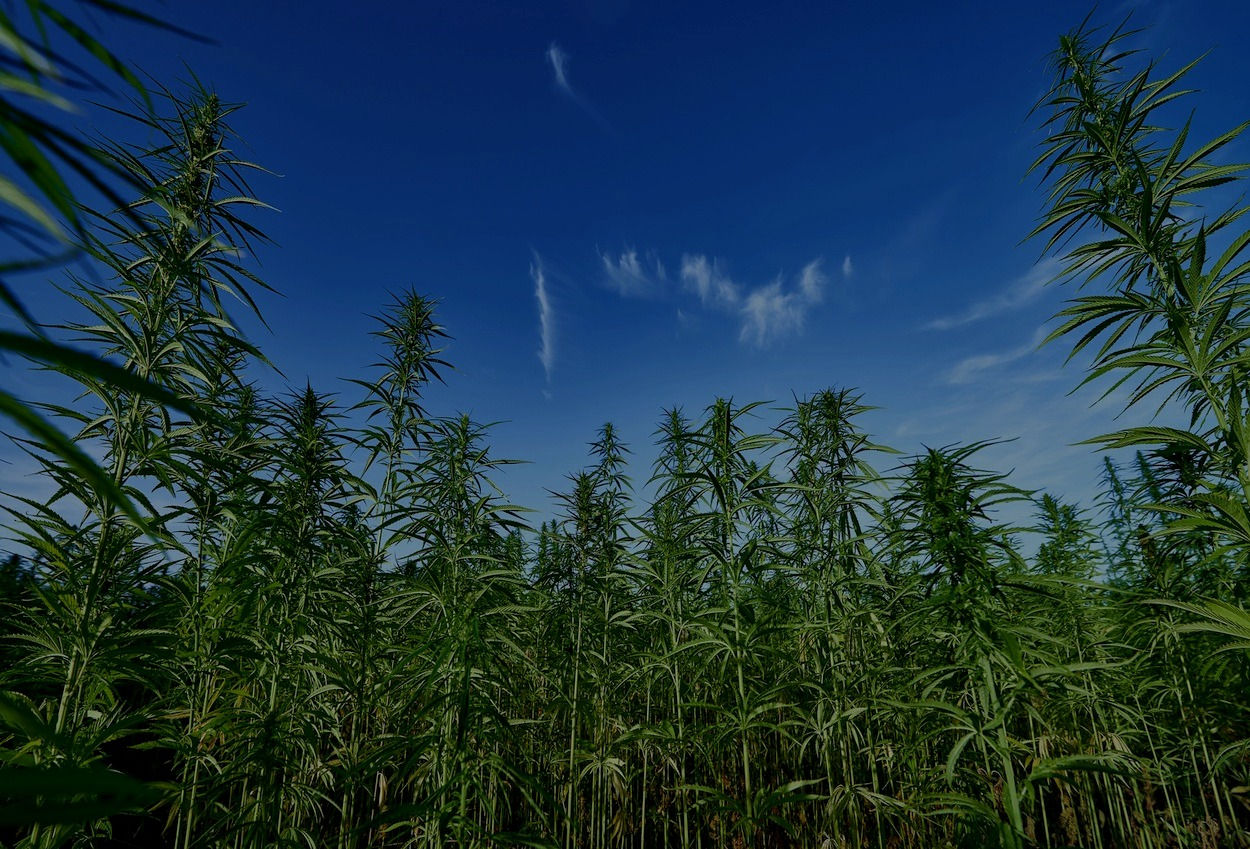

Banking Solutions for Cannabis Seeds & Kraton Businesses
Cannabis seeds, hemp seeds, and kratom are peripherally related to the cannabis industry, yet they have singular considerations for compliant, transparent, stable business checking accounts and merchant processing.
Banking challenges -- and solutions -- for cannabis seeds and hemp seeds
Both feminized and not, cannabis seeds are probably in the most confusing and unsettled legal landscape of all related commodities and market sectors.
Legal in most European countries and now Canada, the legality of their purchase by and sale to U.S. consumers is subject to a patchwork of conflicting regulations across numerous jurisdictions.
Suffice it to say that PPSGcann often has merchant processing solutions available for merchants in this sector, as well as a limited number of domestic and offshore financial institutions equipped to provide commercial checking accounts for the purchase of cannabis seeds.
Merchants for cannabis seeds are invited to check with PPSGcann for the latest high-risk merchant solutions available.


Can kratom merchants obtain transparent banking accounts?
PPSGcann has cost-effective and stable merchant processing programs available to vetted kratom merchants. To obtain bank accounts and merchant processing services, the beneficial owners and principal operators of a kratom business must pass rigorous background and Know Your Customer (KYC) investigations. Kratom merchants must also demonstrate ethical and transparent business practices and provide certified lab tests for all products sold to the public.
Why is kratom so controversial for financial institutions?
Kratom is a controversial plant-derived mild opiate that was almost classified as a Schedule I substance by the U.S. Drug Enforcement Administration (DEA) in 2016, only to be halted by an outcry from grassroots activists. It is currently legal for sale throughout the U.S., except in Indiana, Tennessee, Vermont and Wisconsin.
Its pharmaceutical effect is as a mild pain reliever and slight stimulant. It has been touted as a “miracle cure” for heroin and opioid addiction, but the U.S. Food and Drug Administration (FDA) warns there is no reliable evidence to support that. When it comes to banking, these facts lead to a range of reactions, from substantial reputational resistance to an outright ban by a financial institution. This applies both to basic banking services and merchant services.




